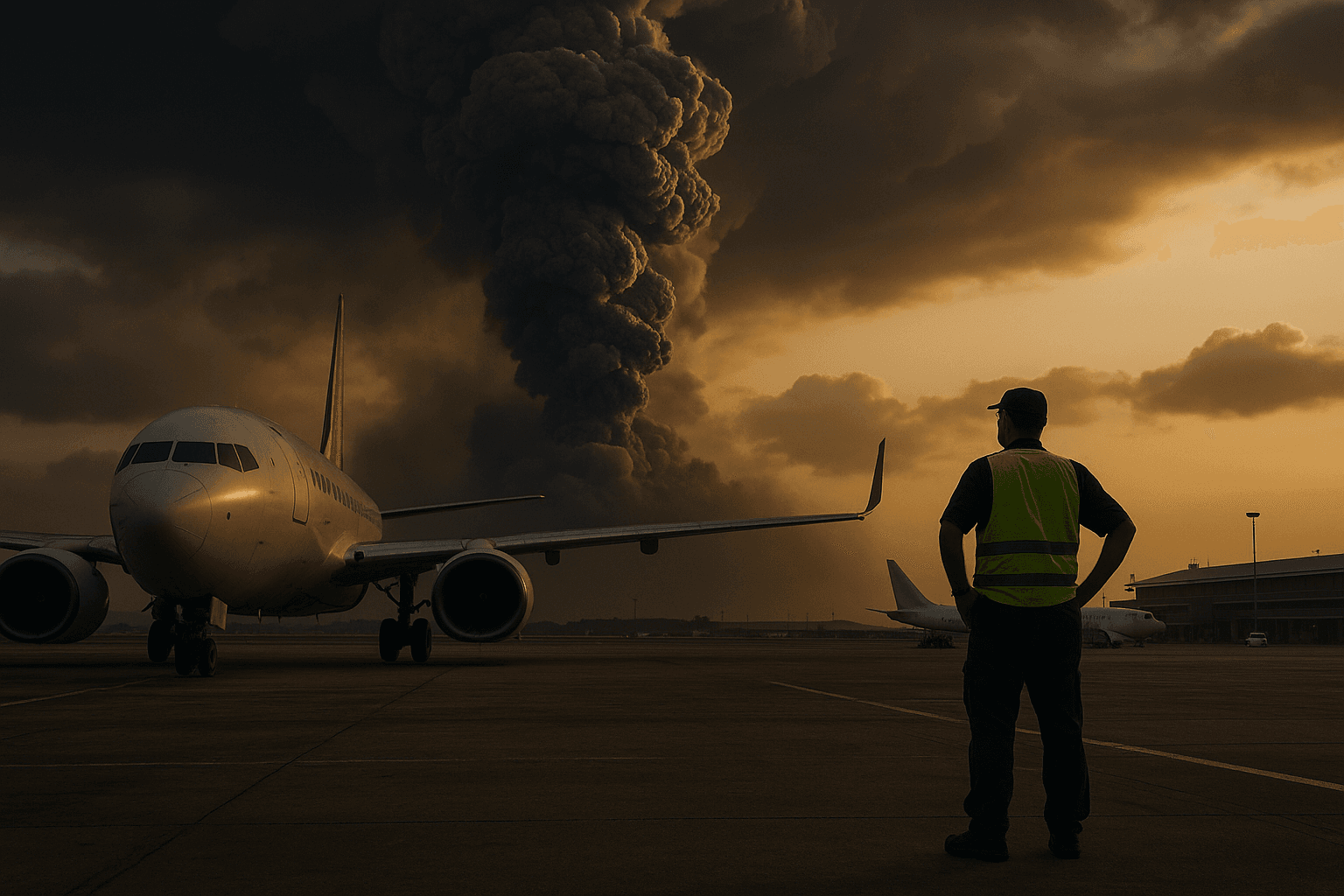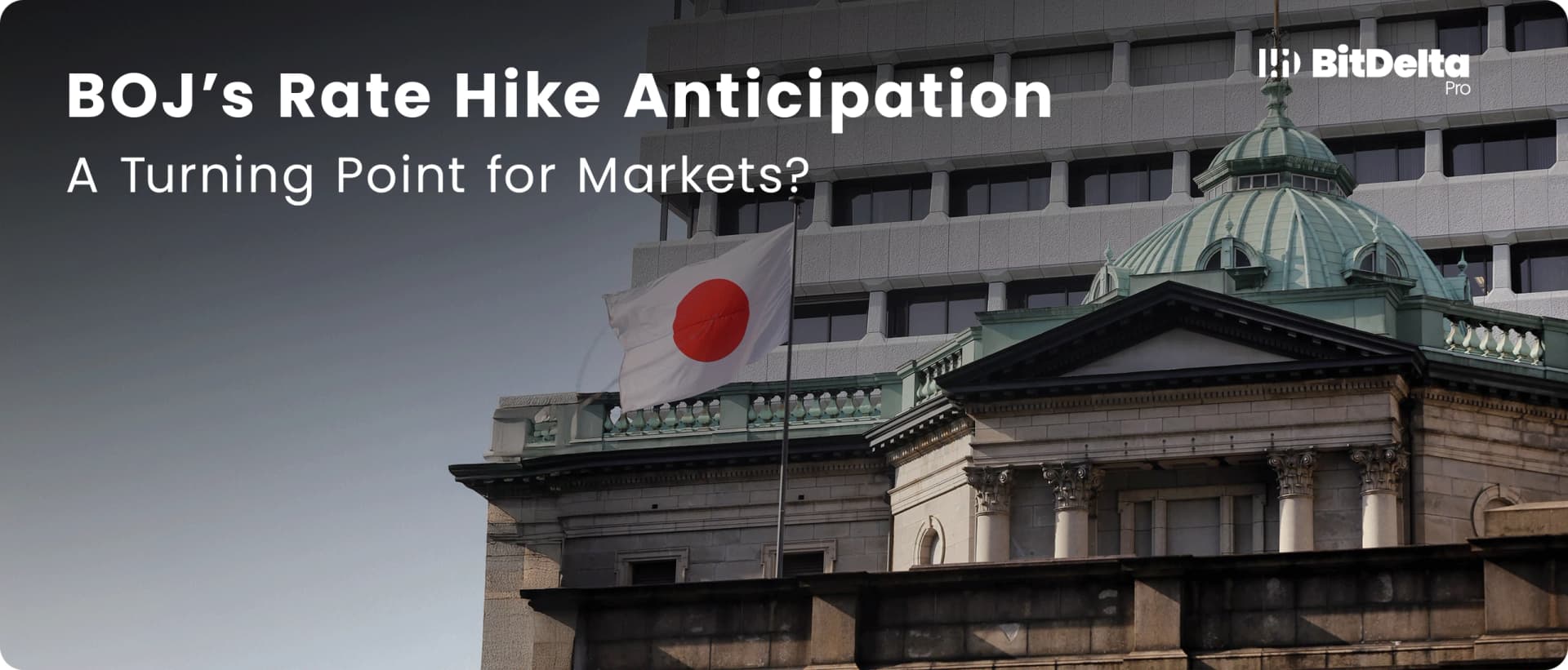Airlines Cancel Flights, India Inspects Planes After Ethiopian Volcano
The Hayli Gubbi volcano in Ethiopia erupted on November 25, prompting carriers to cancel and reroute services as ash clouds spread across key air corridors. Indian regulators ordered precautionary inspections for aircraft that flew near the plume, a move that has immediate consequences for holiday travel and air freight during a peak seasonal period.
.jpeg%3Fcrop%3D3%3A2%2Csmart%26trim%3D%26width%3D1200%26auto%3Dwebp%26quality%3D75&w=1920&q=75)
The eruption of the Hayli Gubbi volcano in Ethiopia on November 25 sent ash plumes across established air routes, forcing airlines to adjust schedules and prompting Indian authorities to ground and inspect aircraft that had come near the contaminated airspace. Air India announced multiple cancellations on November 24 and November 25 to allow for inspections and to avoid operating through areas where ash concentrations were elevated. Low cost carrier Akasa Air also canceled services to some Middle East destinations while other regional operators issued advisories and rerouted flights.
Indian aviation regulators directed airlines to carry out precautionary inspections for any aircraft that traversed or approached the ash plume. The Directorate General of Civil Aviation has recommended standard inspection procedures before returning affected aircraft to service, consistent with international safety guidance. Regulators and carriers cited the known risks of volcanic ash to jet engines, avionics and sensors, and stressed that inspections are being carried out even when visible damage is not evident.
Volcanic ash is composed of tiny, abrasive rock particles that can erode turbine blades, clog bleed air and fuel systems, and, when ingested into hot sections of engines, can melt and then resolidify on critical components. Aviation authorities worldwide treat such events with caution because engine degradation can occur without immediate signs. Aircraft that passed near the plume are being subjected to checks that include visual inspections of engine exteriors, borescope examination of internal components and testing of pitot and static systems.
The timing of the eruption has multiplied its economic effects. Late November is a high demand period for both passenger travel and air cargo, and short notice cancellations and rerouting can cascade through networks, producing delays, missed connections and higher operating costs. Airlines face expenses related to inspections, passenger accommodations, crew standbys and fuel for longer routings. Forwarders and shippers may encounter delayed deliveries for time sensitive cargo, amplifying supply chain disruption already strained by seasonal volumes.

Market implications are primarily operational and short term, but they can have measurable financial impacts. Unplanned cancellations reduce capacity and revenue while raising unit costs. For carriers with significant exposure to affected routes, frequent disruptions can dent quarterly performance and complicate holiday season planning. For passengers, the immediate concern is rebooking and the potential for extended delays; for businesses, the worry is timeliness of critical shipments.
The event underscores the vulnerability of global aviation to natural disruptions and the importance of coordinated monitoring and response. Meteorological and volcanic ash advisory centers provide real time guidance, but airlines and regulators must balance safety with the commercial pressures of high demand periods. As inspections proceed and ash concentrations dissipate, airlines will seek to restore schedules, but regulators have signaled they will not permit a return to service until aircraft are definitively cleared. The eruption is a reminder that even localized geological events can ripple through international transport networks and economies.


